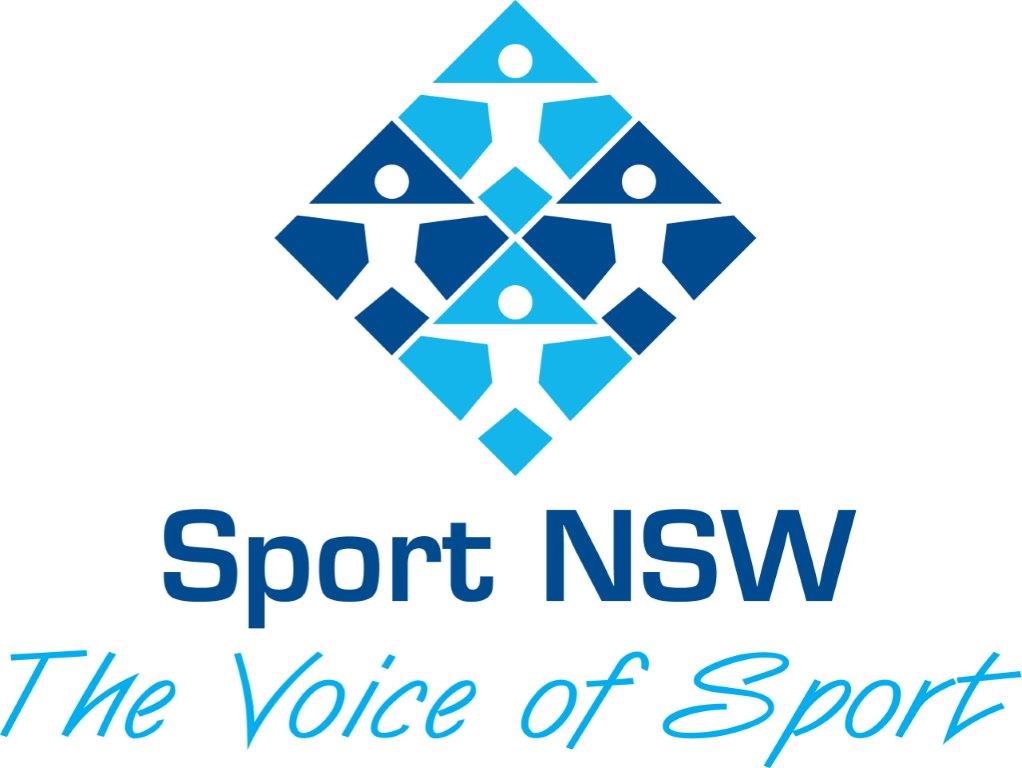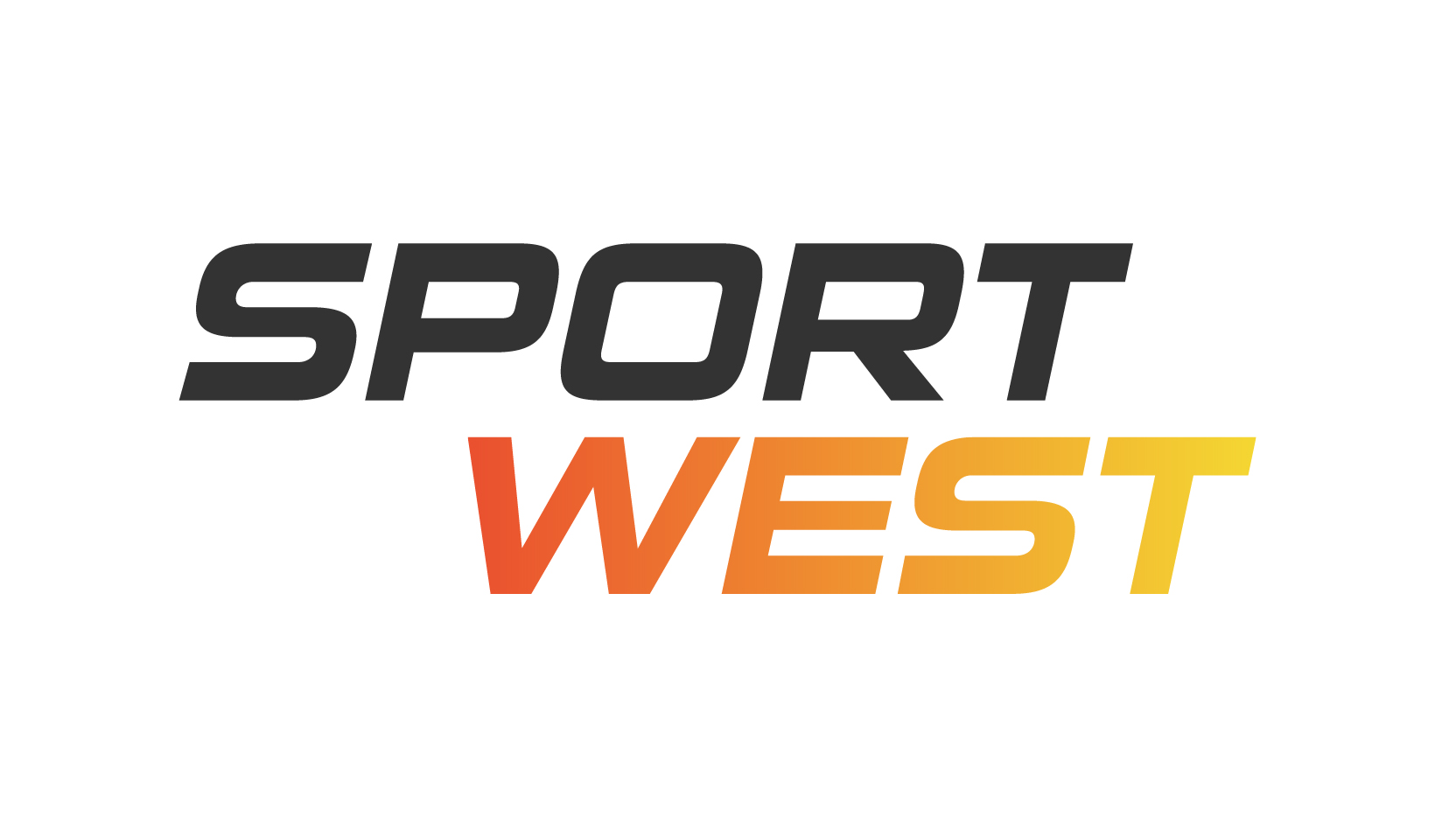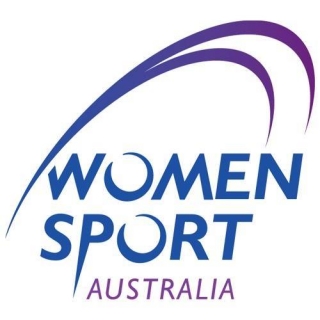In our previous instalment, the importance of well-prepared resume was discussed and a few helpful tips in preparing an effective resume were offered. While not intending to understate its value, it is vital to remember a resume won’t necessarily get you the job. An effective resume should aim to get you an interview.
Now, let’s assume you have submitted your resume and been called for an interview. Don’t get too excited – this might be a preliminary interview of candidates, from which a short list will be developed. Although getting this far is not bad! What’s next? Consolidate Prepare and Rehearse – or C.P.R. for short. Given a candidate’s usual state of anxiety before an interview, this appears an appropriate acronym.
Consolidate your documents – prepare a dossier of relevant documents, including your resume, letters of reference, collateral material or (non-confidential) reports you may developed in your current and previous jobs. Organise the dossier to provide quick reference to specific documents at the interview. Avoid the mistake of having a pile of loose documents, which you need to fumble through to locate an example.
Prepare for the interview by thoroughly researching the organisation. A good starting place is their website or Annual Report. Don’t make the mistake of appearing as though you know everything about the organisation. You need to demonstrate you have undertaken some independent research and have a general understanding of the organisation’s structure, aims & objectives. Develop a short list of questions and bring these along to the interview.
Rehearse for the interview, by practicing your responses to commonly asked questions and questions you might anticipate as being asked. Write the questions down and verbalise your responses. You should develop crisp, clear replies and make sure you keep to the point. While every interview will be different, by virtue of the interview panel and the nature of the position on offer, there are a number of questions that are commonly used job interviews.
Here’s our pick on the likely top ten job interview questions:
- Tell us about your career to date, what you’ve done and what you are currently doing? You shouldn’t have too much trouble with this one, focusing on the relevant elements of your education & career. Avoid going too far back, although don’t overlook areas of leadership (e.g. school captain) or sporting achievements.
- What do you know about our organisation (the employer)? As mentioned earlier, do your homework before the interview. If you can’t demonstrate that you have undertaken some research, you might appear uninterested in the role.
- What is your understanding of the position you have applied for? By the time you get to the interview, you should be familiar with the position description or have been briefed by an employment consultant. If there are aspects of the job you’re unsure about, don’t be afraid to ask questions.
- What will you bring to the organisation? One of the critical things in answering questions about strengths, or what you will bring to the role, is to demonstrate what you have brought to previous roles or achievements in your personal life. Responding by using examples is often easier than simply running off a list of qualities.
- What are your career goals? Keep your answer positive, but avoid going into too much detail. Have your career goals determined before you go into the interview and make sure they are appropriate for the position you are applying. If the person interviewing you is the supervisor for the role, take care you don’t intimidate him/her by indicating you’d like his/her job!
- Why did you leave your last job/Why are you looking to leave your current job? Avoid paying out on your last/current employer or colleagues. Instead, stress that it was/is your decision to leave and you did so/doing so, to move on.
- What are your strengths and weaknesses? Definitely a tough question and more than likely to be asked at an interview, so be prepared. This question gives you a great opportunity to sell your strengths and show you are mindful of your shortcomings. You’re human after all aren’t you? It is best to indicate how you have also developed strategies to overcome any weaknesses (e.g. “I felt I needed to update my computer knowledge, so I enrolled in an IT course.”).
- How do you keep updated with new developments in the industry? Membership of professional associations, reading reports in the newspaper of specialist publications and networking, are a few of the obvious responses. If you want to impress, back up your response with a comment on a recent industry development that might be considered relevant to the role.
- How do you handle or resolve a difficult situation in a previous role? The interviewer is looking for an idea of how you might usually respond to either a conflict situation or simply how you act under pressure. Prepare some examples of a tough situation at work or even in your personal life, stating the problem, the solution and what you gained from the experience. Focus on positive outcomes that give an indication of your ability to listen and communicate with people.
- Do you have any questions?
As mentioned earlier, it’s OK to have a few prepared questions written down. Refer to them, although avoid questions that may have been covered throughout the interview. Keep the list short, but use the opportunity to ask questions which you would like answered.
Too often candidates go into an interview thinking it’s a one sided process. Don’t forget an interview is as much about you making sure the employer & the job is right for you as it is about the employer assessing your suitability. Above all else, be true to yourself.
People Recruitment Group





